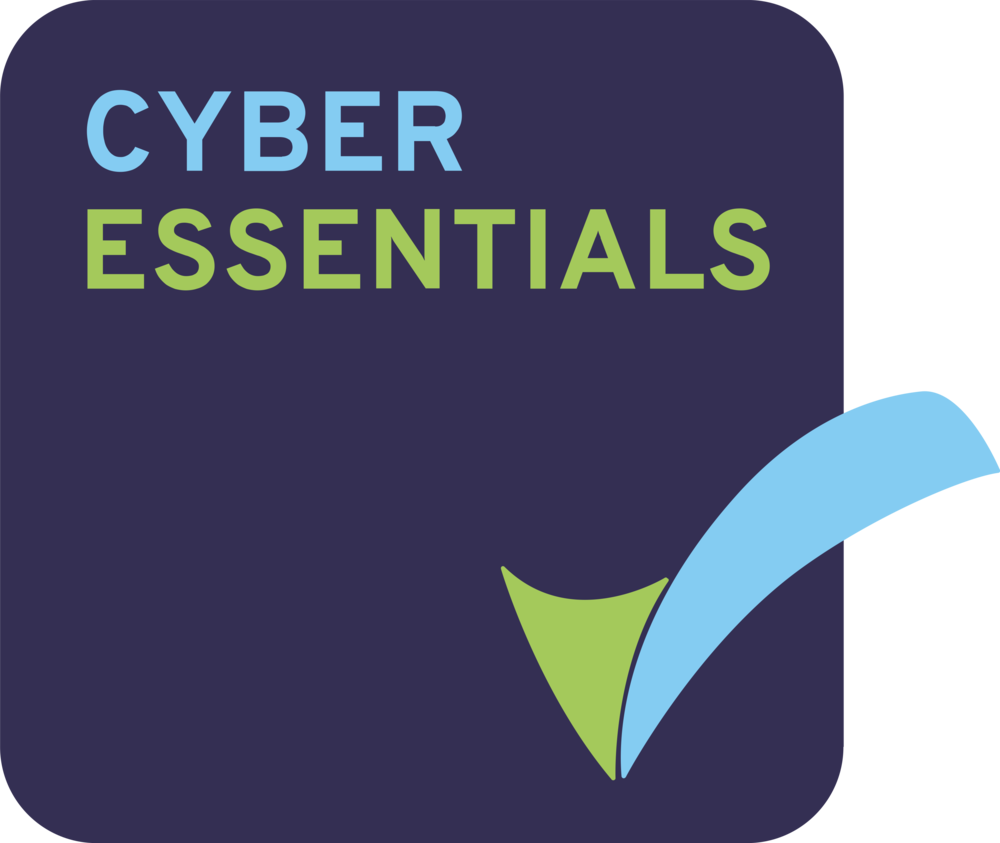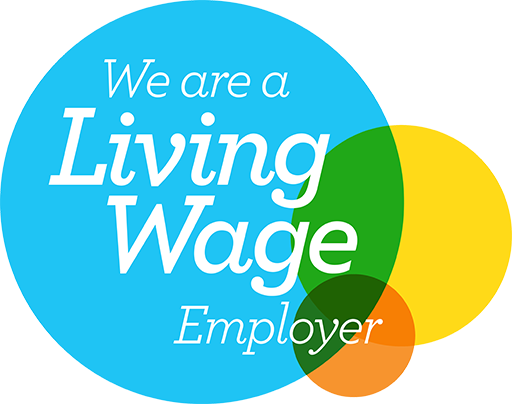We may all dread the evaluation forms at the end of any training that you attend, however by learning how to evaluate your activity’s you will discover what works or doesn’t. How to make use of that learning to measure the difference you are making and make changes if required.
There are many different and creative ways to engage people in evaluation. But all evaluations follow the same basic format and is something that should be well thought out at the start of any project.
Aims Outputs Outcomes and knowing the difference
What Aims
Your overall aim tells everyone why your organisation exists and the overall impact you wish to have on your members or the people you work with
Example: “The Anytown community trust aims to improve the Quality of life for families living in Anytown”
Your overall aim should be focused and guided by your organisations vision, it should say your organisation would hope to achieve with resources but not a problem. A good way to think about your aims is to think of it as a magic wand question.
What are your outputs?
Next you need to think about the services that you provide some people call these outputs – the things you deliver.
Outputs are what help you to fulfil your overall aim.
Think carefully about how your activities can change the lives of the people you work with, the changes you make are your outcomes.
Example of Outcomes:
- Are about change or difference.
- Are not the activity- they are the result of the activity
- Must link logically to the activity
- Use words like improve, decrease, develop, and expand
- Should be realistic – achievable in a few years
- Should be (largely) in your power to deliver
- Should be simple
- Answer the “so what”? Question.
- Should be SMART Specific, Measurable, Achievable, Realistic and Time- related
So What?
If you’re not sure whether you’re looking at an outcome or an output asking the ‘so what?’ question may help:
Any town community project runs a youth club – SO WHAT?
30 Young people attend sport classes at the youth club – SO WHAT?
These are important, but not outcomes so what came out of the youth club
The young people learn about health and fitness Outcome
Childhood obesity is reduced outcome
Young people health is improved Outcome
Collecting evidence
There are many different and creative ways to collect the evidence to see what changes you are making from your project this could be traditional Surveys or case study’s or more creative ways like video rooms, photographs or blob trees.
Learn from & acting on your findings
Now you have all your evidence what are you going to do with it?
Hopefully your evidence will show that you are meeting your outcomes and the work you set out to achieve is on target however if this is note the case it is a good opportunity to rethink and look at how the service could be improved your evaluation is also a good piece of evidence to show your partners the work that you are achieving and can be good evidence to new funders that you wish to approach
More information and advice available form http://www.evaluationsupportscotland.org.uk/evaluation/


